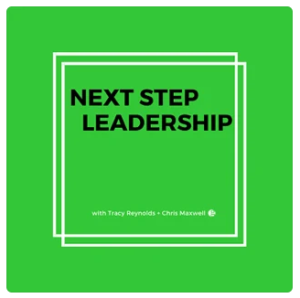Well, we’ve focused on “A 6-Month-Plan” and “A 6-Word-Statement.” Today let’s think about “A 6-Day-Plan.”
Planning is important. Personally and professionally, I prefer being proactive. Though surprises visit us, scheduling helps keep from us wavering.
Let’s focus today on planning the next six days. Ask questions. What is important? Why? What do we habitually do that we shouldn’t? How can we set up a schedule to include what’s best and leave out what isn’t?
Think about personal health: spiritually, physically, mentally, emotionally, relationally. Write a list of priorities in those areas, scheduling what we can and should do during the next six days.
Here are some ideas. Praying often and in new ways. Taking a long walk. Spending time with a relative, with a friend, with someone we want to become a friend. Getting enough sleep. Reading and writing and listening and breathing deeply. Laughing. Staring at the clouds, smiling, and knowing life isn’t all about us.
Those are a few ideas. Write a list. Let’s all do what we should.
Let’s also make lists of what we should do in the next six days in our jobs, with our finances, in the world, with our families and friends. Completing tasks. Writing new goals. Supporting missionaries. Saving money. Paying off debts. Giving things away. Scheduling a meeting. Learning more about the deep hurts of a friend.
Again, just a few ideas. Whatever you think is best for you, plan it. Be proactive. Six days of choosing, of deciding, of living intentionally.
And remember: surprises arrive. Welcome them. We might adjust better to the unexpected when we prioritize correctly.
Send me a note and tell me a few of your plans. Six days—let’s do a few things differently as we choose to make a difference.
Be sure to get a copy of my book, Pause: The Secret to a Better Life One Word at a Time. Each word will help you grasp how to plan the next six days.









